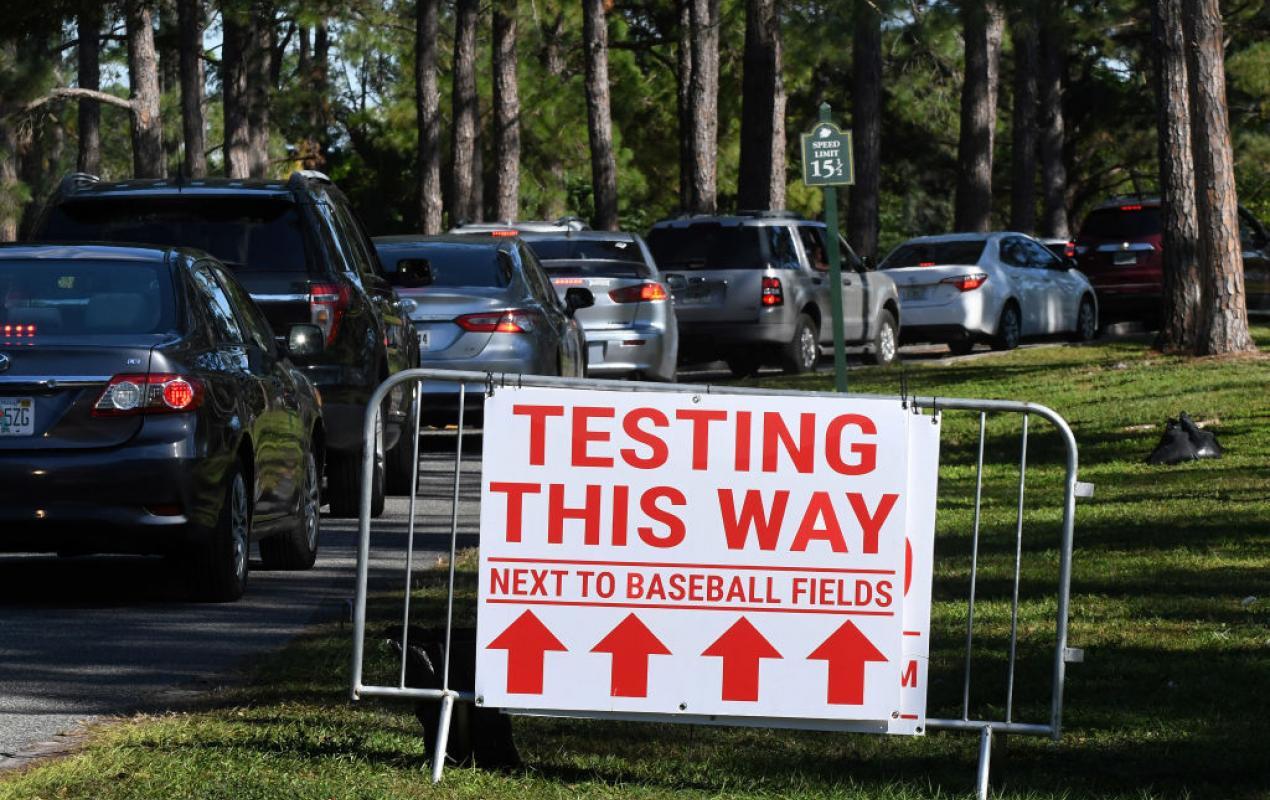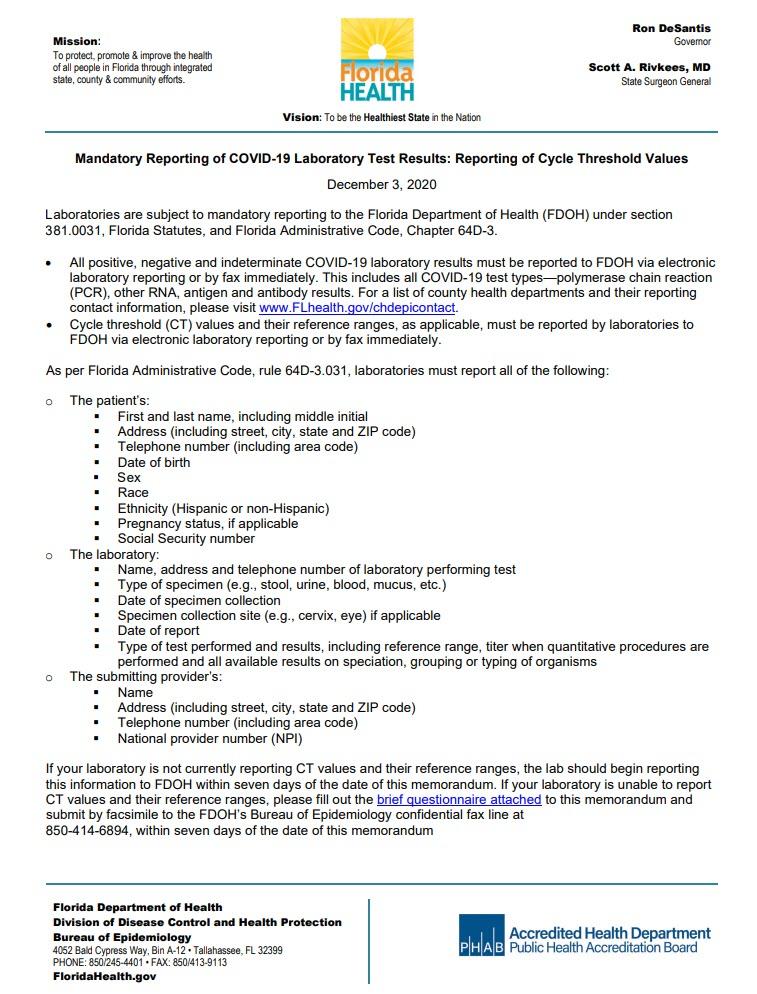CNBC's Andrew Ross Sorkin appears to be doing a bit of damage control, when after a heated Friday debate about lockdowns in which he justified small businesses being shuttered by claiming it was "science" that people were safer at big box stores than at churches and restaurants because of masks, a photo of Sorkin from 6 weeks ago eating "outside" at a restaurant, maskless, surfaced on Twitter.
Sorkin claimed on Friday he was offering a "public health and public service announcement" for the audience when he took on fellow anchor Rick Santelli's claims that there was a negligible difference between going out to establishments like churches, versus going to stores like Wal-Mart.
Sorkin spent time over the weekend sparring with various Twitter trolls and trying to defend his line of reasoning, but that didn't seem to be enough. On Monday morning, Sorkin still needed to have his say on the issue. He brought on Dr. Scott Gottlieb to "end the debate" and then, after Gottlieb appeared to agree with him, Sorkin put out a Tweet to tell people to "stay healthy out there" and to quietly suggest that he was right and Santelli was wrong:
But it was hardly the KO that Sorkin made it out to be. Even Gottlieb admitted during his own PSA that indoor restaurant settings could be optimized and safe, stating:
"Could there be indoor restaurant settings that are optimized? Where they have taken steps to reduce the risk? Possibly."
More like, of course.
Shortly after the exchange, Kevin O'Leary railed against the lockdowns, asking the one key question that seems to be eluding Sorkin: why do the big box retailers get priority over small businesses?
"How is it possible when I've spent 60 or 80 thousand dollars on the back of the restaurant and the front of the restaurant to provide seats and heaters - and complied with city ordinances - and was just about to re-open - no tents, this is not tented, this is outside - I'm shut down. And right across the street there's a big box retailer across the street that has people inside that's open?" he asked.
O'Leary added:
"There's no science claim on this... people are making 'calmative' science statements... how can 'outside' be less safe than 'inside'..."
and... "All my employees have to be laid off - a third time!"
"I'm not even saying open them inside! I'm only asking 'How can it be fair?' and 'How can it be right'?" O'Leary claims.
Andrew Ross Sorkin eventually chimes in by telling O'Leary:
"I very much agree with you," before saying "the rules should be applied across the board".
But O'Leary wasn't done:
"There's something really wrong here. You're picking winners and losers," he added.
"It's total chaos out there."
Recall, it was Friday morning when Sorkin tangled with Rick Santelli about Covid lockdown rules in a clip that has now gone viral across most of FinTwit. The argument began when Santelli took exception with Democratic leaders who have been found breaking their own lockdown rules while forcing their respective local businesses to bear the brunt of increasingly draconian and complex lockdown rules.
Santelli raised the question of why big box retailers were allowed to stay open, but small businesses weren't:
"Therefore, there is actually and should be an ongoing debate as to why a parking lot for a big-box store like by my house is jam-packed, not one parking spot open. Why are those people any safer than a restaurant with plexiglass? I just don't get it. I think it's really sad that when we look at the service sector in all of the discussions we've had about job losses that that particular dynamic isn't studied more, isn't worked more, we don't put more people in a room and try to figure out ways so that these service sector employees and employers could all come back in a safer way."
A clearly galled Sorkin then launched into a patronizing diatribe about the differences between big box retailers, restaurants and churches, and why Santelli was doing viewers a "disservice" by disregarding the science"
"The difference between a big box retailer, and a restaurant - or frankly, a church - are so different it's unbelievable," Sorkin insisted.
Santelli shot back: "500 people in a Lowes aren't any safer than 150 people in a restaurant that holds 600...and I live in an area with a lot of restaurants that have fought back...and they're open."
After some more jawing, Santelli concluded:
"I think our viewers are smart enough to make those decisions on their own! I don't think I am much smarter than all the viewers... like some people do."
"I don' think I am much smarter than all the viewers... like some people do."
Which was repeated this morning by O'Leary, who exclaimed:
"we are restricting poeple from making their own choices..."
Sorkin continued to insist that he was merely trying to educate viewers about "the science" of COVID-19.
As we said Friday, we'd really enjoy hearing Sorkin explain "the science" of how Big Box stores are "completely different" from restaurants and churches. All three can be found in interchangeable strip malls across the country.
The solution offered by the great and the good statists on CNBC was simple - "we need a policy of masks for all... and that will give people confidence to make a come back in the economy."
The only problem with that utter falsehood is that most of California has been wearing masks outside for months... as have numerous other states with mask mandates... and it's not helping!
And at least as far as masks are concerned, research has painted what is in reality a pretty fraught picture, as one recent study out of Denmark showed.
The same goes for lockdowns, as the balance between the high cost and time-limited efficacy are still not well understood.
All of which does make one wonder if HumanEvents' Ash Staub had a point last week when he questioned: if one were to consider the upward transfer of wealth and market share to Big Business since the start of the COVID-19 pandemic, one would think such economic changes were intended. After all, it’s no secret that the interests of politicians and the corporate elite align more often than not.
As we near a year of lockdowns and sheltering in place, the long-term effects of pandemic policy on the economy are becoming clearer. Almost every piece of legislation ostensibly designed to curb the spread of the coronavirus and protect workers has wreaked devastation on small businesses—while benefiting the largest corporations. Roughly 100,000 small businesses have permanently closed due to COVID-19, while big-box retailers, tech giants, and pharmaceutical manufacturers have seen record profits.
America’s small businesses currently face an attack on all fronts.
First, there are the more visible policies (e.g., lockdowns, mask mandates, and social distancing requirements) that strongly discourage people from patronizing brick-and-mortar retailers and restaurants. These policies impact small businesses more than large chains and corporations. Small retailers, for example, may not have the space to effectively implement social distancing policies, and often lack an online infrastructure to support curbside pickups of retail goods.
Second, the cost of complying with health and safety guidelines, and the corresponding fines if businesses don’t comply, have forced businesses to incur additional expenses while their revenue declines. According to the Small Business Administration, the cost of compliance disproportionately impacts small businesses, who lack the funds and infrastructure of large corporations to adapt to new regulation. Overhauling a business to accommodate remote work, for example, requires a flexibility and an investment of resources that many small businesses simply do not have. For dine-in restaurants, the vast majority of which are small businesses, switching to outdoor dining is often not even possible given the business’s location.
Lastly, there are ever-evolving COVID-19 employment regulations that disproportionately expose small businesses to lawsuits and the subsequent legal expenses and damages that may result. The conspicuous absence of liability protection also disadvantages small businesses, as the largest corporations can spare the capital required to fight lawsuits and painlessly pay out any damages. For example, Publix, a large supermarket chain, has so far managed to avoid paying damages to the family of an employee who died of COVID-19 due to the fact that he wasn’t allowed to wear a mask at work.
Despite the fact that these policies are explicitly harmful to small businesses, they can be justified on the basis of “public health” and thereby shielded from criticism. Practically unlimited regulation (that always seems to benefit the corporate elite) can be defended, because such policies are said to be designed to ensure the health and safety of the public. Opposition to these onerous restrictions can therefore be conveniently characterized as “anti-science,” or worse, reckless and/or malicious endangerment of one’s community. As a consequence, policies that explicitly disadvantage small businesses, such as the Families First Coronavirus Response Act (FFCRA), can be passed under the guise of public health and worker protection without raising any alarm bells.



